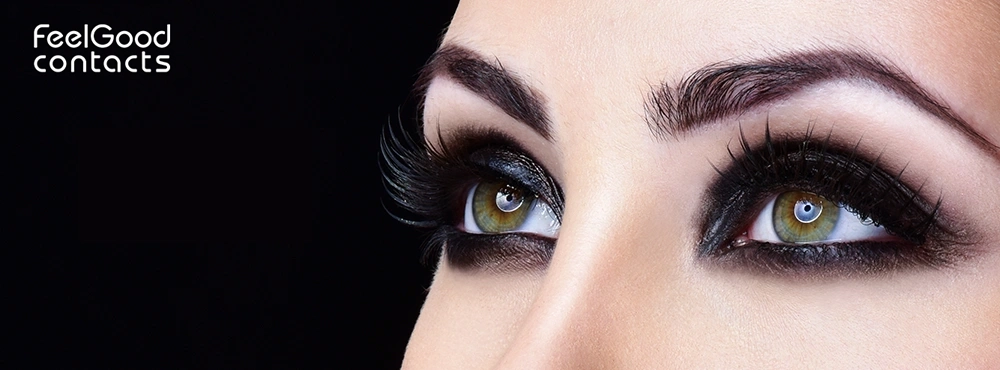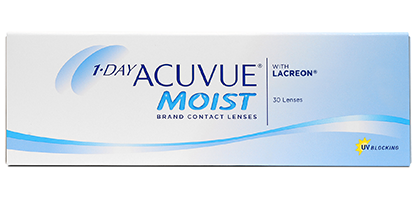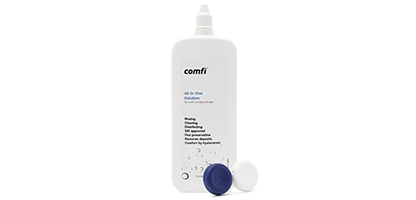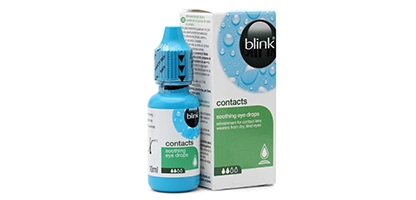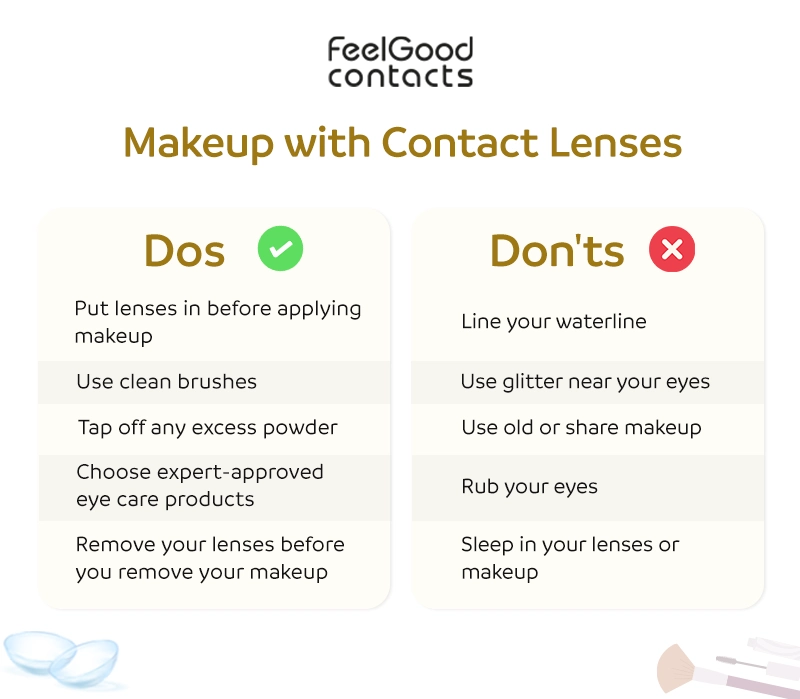Millions of people wear both makeup and contact lenses every day without any problems. It’s a normal part of their daily routine helping them see clearly and feel confident. Whether you’re getting ready for work or a special event, you can enjoy wearing makeup while still taking good care of your eyes.
Can you wear makeup with lenses?
Yes, you can wear makeup with contact lenses. You just need to follow some precautions to wear your lenses safely. The right order for putting in and removing your lenses, what products you should be choosing and how you handle your lenses is important for hygiene and comfort.
Why makeup with lenses need extra care?
Contacts sit directly on the surface of your eyes. When you apply makeup, tiny particles like powders, glitters and makeup debris can easily get trapped between your lens and eye. This can cause:
That’s why it’s important to ensure you’re handling your contact lenses safely, especially when using makeup. A little extra care can help you avoid discomfort and keep your eyes healthy and happy.
5 makeup tips for contact lens wearers
Here are five makeup tips for contact lens wearers to keep their eyes safe and comfortable.
1. Always wash your hands first
Washing your hands at first may sound basic, but it’s the foundation of safe contact lens and makeup use. Your hands come into contact with countless microbes every day. Therefore, before touching your eyes, lenses or makeup, wash your hands with soap and water. Dry them thoroughly with a lint-free towel. This keeps any unwanted debris, bacteria or makeup residue away from your eyes, reducing the risk of an eye infection or any discomfort.
2. Put lenses in before makeup
Put your lenses in before doing your makeup. This will prevent makeup from getting onto your lenses or into your eyes, reducing the risk of irritation, dryness or an infection. Putting lenses first also gives you a clear, unobstructed view, making it easier to apply your makeup precisely, especially with eyeliner or mascara.
It’s a good idea to wear daily disposable lenses, like 1 Day Acuvue Moist, as you can simply use them once and throw them away. Daily lenses are designed for single use, which means you start each day with a fresh, sterile pair. This reduces the risk of product build-up or bacteria transfer that can occur with reusable lenses, especially when makeup particles are involved. They're also more convenient, in case you experience any irritation, you can simply remove and replace them with a new pair, without the need for cleaning or storing.

 Offers
Offers Account
Account
 Favorite
Favorite
 Basket
Basket

 OFFERS
OFFERS











